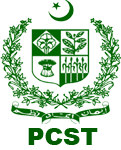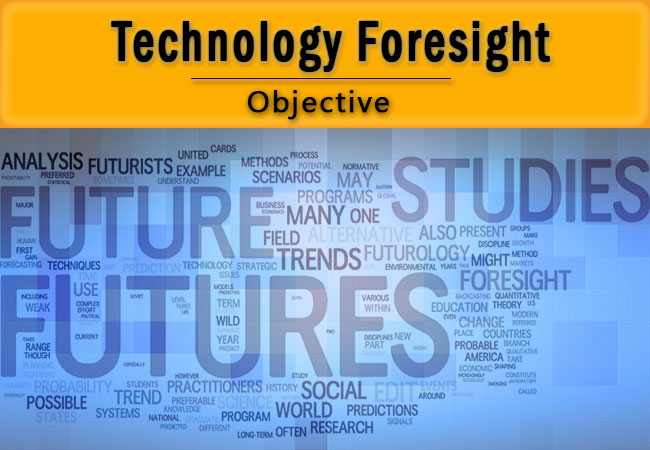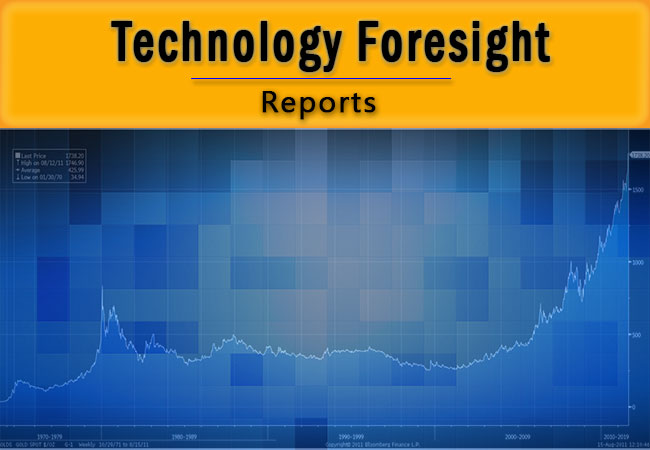TECHNOLOGY FORESIGHT
Methodology Adopted:
Technology Foresight experts all over the world use different methods and tools to conduct this activity. These methods and tools are adopted according to the availability of resources. Since this project at PCST was launched at a time when severe economic crunch was being faced by the government, therefore budget and manpower was not provided according to the envisaged plan as per PC-I.
Keeping in view the limited resources at hand, expert panel method was used by the project team. However in order to find out the priority areas on which the foresight study needed, a mini Delphi Survey was carried out. As a result of this nationwide survey, ten sectors were identified, namely, ---- Energy, Agriculture, Industry, Education, Environment, ICT, Health, Materials, Transportation and Management.
Expert panels were formed on each of the above sectors, comprising of all the stakeholders. These panels held their meetings in which brainstorming sessions using STEEPV and Scenario Planning methods were invariably used. During panel meetings presentations by other experts were also arranged. Subgroups to handle specific tasks were also formed.
As a result of the meetings, recommendations pertaining to policy, projects, along with roadmaps were produced.
TERMS OF REFERENCE
The Terms of Reference of the Expert Committee were:
- The panel will work as a Think Tank, in a particular field, for the Government of Pakistan using Technology Foresight process.
- The panel shall review the issues related to development in the respective fields, suggest short, medium and long term strategies, to be undertaken by the government of Pakistan, for strengthening S&T activities required towards industrial and economic progress in Pakistan.
- The panel shall identify and prioritize R&D projects of high national importance by considering short, medium and long term development that need to be supported by the Government of Pakistan.
- The panel will work for duration of six months, at the end of which a comprehensive report, indicating the current status vis-à-vis strengths, weaknesses, opportunities, and threats of the sector under study.
- Recommendation of implementable policies and projects will be the final tangible outcome of the exercise, in addition to more desired intangible outcome i.e. process benefits.



